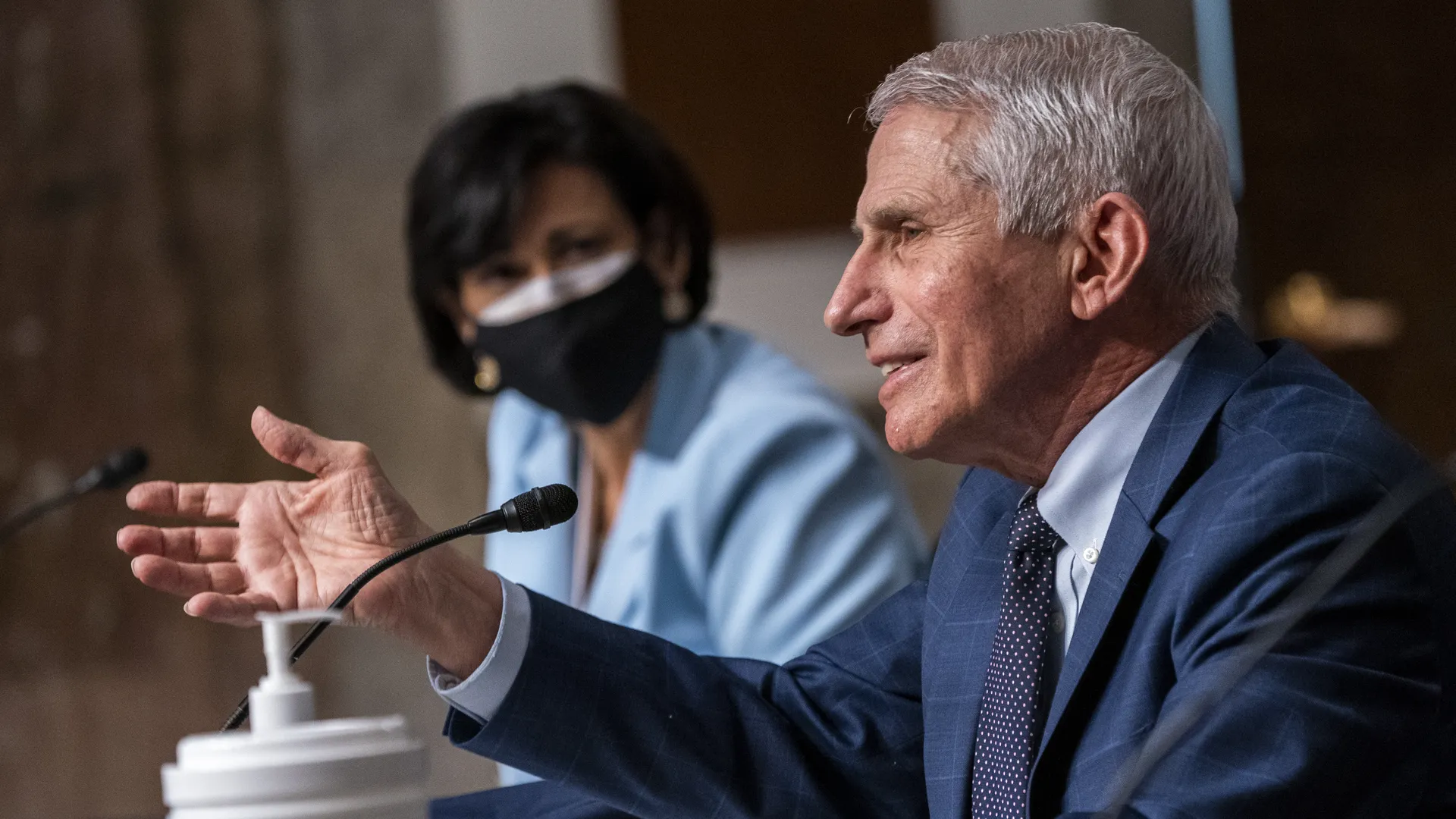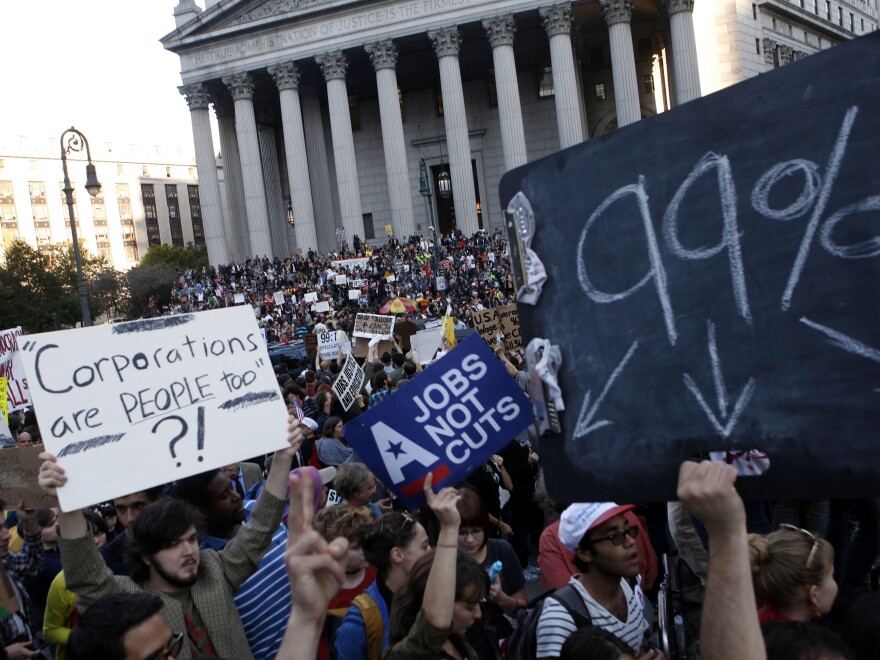Wealth Inequality Drives Education Disparities
In a shocking revelation, new reports indicate that wealthy elites siphon off an estimated $50 billion every year from public school systems across the United States. This staggering figure highlights the growing chasm in educational equity, leaving marginalized students to navigate a system rigged against them.
Tax Policies Favor the Rich
According to research findings, tax policies have increasingly favored the wealthiest individuals and corporations, allowing them to evade their fair share of contributions to educational funding. As progressive taxation falls by the wayside, the burden shifts onto working-class families who are left to foot the bill for underfunded schools.

Fauci urges Congress to pass COVID funding in case of new surge
Impact on Marginalized Communities
The implications of this financial drain are dire. In many communities, particularly those with high concentrations of poverty, schools are forced to operate with depleted resources. Teachers are underpaid, classrooms are overcrowded, and essential programs are cut. As reported by the National Park Service, these trends exacerbate existing inequalities, pushing the most vulnerable students further behind their affluent peers.
Calls for Accountability Grow Louder
Community activists and education advocates are demanding accountability from state and federal governments. They argue that it"s time to reform tax structures that disproportionately benefit the wealthy at the expense of public education. Research shows that when public schools are adequately funded, the entire community benefits, leading to decreased crime rates and improved economic prospects.

Wealth Gap Between Races Widened During Recession, Study Says ...
Grassroots Movements Demand Change
Grassroots organizations are mobilizing to push for a more equitable funding model. They advocate for measures such as increased property taxes for the wealthy, closing corporate tax loopholes, and implementing a progressive income tax that would ensure the richest Americans contribute proportionately to society. As these movements gain traction, they are challenging the narratives that have long justified the status quo.







![[Video] Gunfire between Iraqi security forces and Sadr militias in Baghdad](/_next/image?url=%2Fapi%2Fimage%2Fthumbnails%2Fthumbnail-1768343508874-4redb-thumbnail.jpg&w=3840&q=75)
